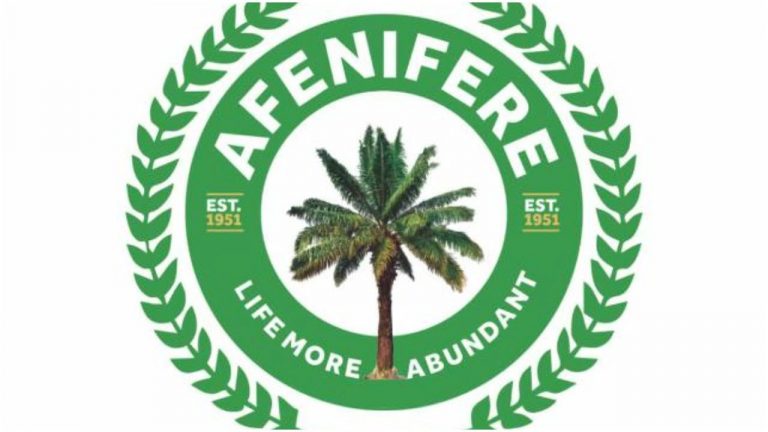October 19, 2024
By Samuel Ogunsona
The pan-Yoruba socio-cultural and socio-political organization, Afenifere, has warned the Federal Government to be cautious of the recent advice by the World Bank to reduce its support for social services in Nigeria.
In a statement issued by its National Publicity Secretary, Jare Ajayi, in Ibadan, Oyo State capital, Afenifere expressed concern that the World Bank’s prescription may have adverse effects on Nigeria’s social services.
The World Bank had advised Nigeria to maintain its ongoing economic reforms for the next 10 to 15 years to establish itself as a leading economic power, not only in sub-Saharan Africa but also on the global stage.
The Senior Vice President of the World Bank Group, Indermit Gill, gave the advice during the ongoing 30th Nigerian Economic Summit organized by the Nigerian Economic Summit Group and the Ministry of Budget and National Planning in Abuja.
However, Afenifere said, “First, the current administration under President Bola Tinubu would have run its terms before the ten to 15 years the presumed dividends of the World Bank prescriptions will manifest.
“Meaning that this administration may then only be remembered for the sacrifices made by the people and the attendant sufferings while another administration would take the credit for the dividends if at all. So, rather than continuing with the Bank’s policies, resort should be made to policies that boost local businesses and encourage local initiatives, thus reducing
“Countries cited included Mexico, Mozambique, Ghana, Argentina, Thailand, South Korea, Indonesia, and the Democratic Republic of Congo, among others. Malaysia, which was also an applicant along with the named countries, dropped the idea because, according to its Prime Minister, Mahathir Mohammed, the conditions given by the Bank would hamper his people’s economic growth, force many businesses to close shop, raise unemployment and adversely affect people’s welfare thus engender hardships for the citizens.
“What we are saying is that while it is important to lay a good foundation for economic recovery, the models being prescribed by the World Bank and the International Monetary Fund should be no-go areas because the havoc such models have wrecked in some of the countries that applied for them.
“The cost of energy has skyrocketed. Yet, it is a known fact that energy is not just a driver of the economy; it is also a driver of health and security, based on the impact it has on these sectors. For instance, people who stressed themselves too much on the road because they could not afford transport, those who could not regulate the temperature in their homes and offices or afford the requisite energy to prepare food properly would be endangering their health conditions.
“In the same vein, high cost of energy- fuel, electricity, gas, diesel, gasoline, etc. are forcing a lot of people out of business. And, as is known, the crime rate is always high where the unemployment rate is high, thus inducing insecurity and banditry.”






